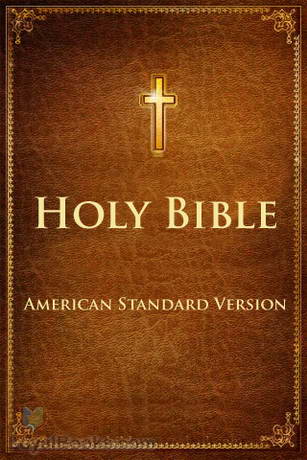The Book of Habakkuk is a profound and thought-provoking text that delves into themes of faith, justice, and the relationship between God and humanity. The author's poetic language and vivid imagery create a compelling narrative that draws readers in from the very first verse.
Throughout the book, the prophet Habakkuk wrestles with difficult questions about the nature of God and the existence of evil in the world. His conversations with God are both intimate and challenging, as he seeks to understand the divine plan and reconcile it with the suffering he sees around him.
One of the most powerful aspects of The Book of Habakkuk is its message of hope and trust in God's ultimate justice. Despite the turmoil and uncertainty of the world, the prophet ultimately finds solace in the belief that God will bring about redemption and deliverance for his people.
Overall, this book is a captivating and enlightening read for anyone interested in exploring the complexities of faith and the human experience. The American Standard Version translation does justice to the beauty and depth of the original text, making it a valuable addition to any library.
Book Description:
Practically nothing is known about Habakkuk’s personal history, except for what can be inferred from the text of his book, which consists of five oracles about the Chaldeans (Babylonians) and a song of praise to God. Since the Chaldean rise to power is dated c. 612 BC, it is assumed he was active about that time, making him an early contemporary of Jeremiah and Zephaniah. Jewish sources, however, do not group him with those two prophets, who are often placed together, so it is possible that he was slightly earlier than they. Because the final chapter of his book is a song, it is sometimes assumed in Jewish tradition that he was a member of the tribe of Levi, which served as musicians in Solomon’s Temple. According to the Zohar (Volume 1, page 8b) Habakkuk is the boy born to the Shunamite woman through Elisha’s blessing. Habakkuk is unique among the prophets in that he openly questions the wisdom of God.[citation needed] In the first part of the first chapter, the Prophet sees the injustice among his people and asks why God does not take action: “1:2 Yahweh, how long will I cry, and you will not hear? I cry out to you ‘Violence!’ and will you not save?” – (World English Bible).
